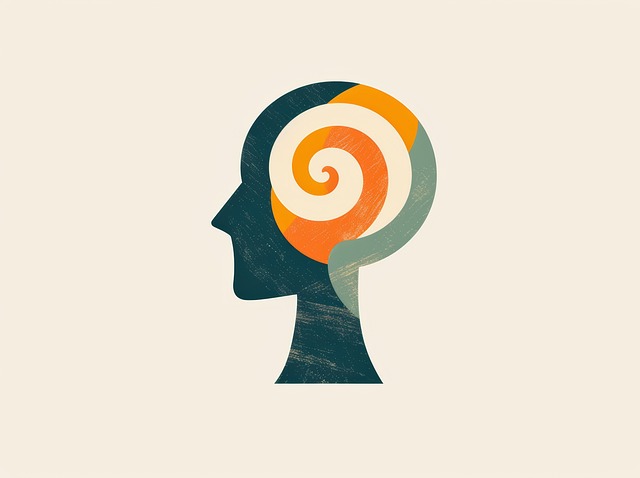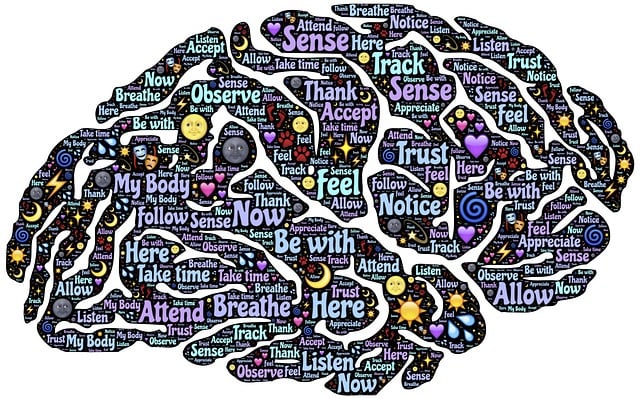Emotion regulation through Littleton Play Therapy is a powerful tool for children's emotional well-being, teaching them to manage feelings healthily and reduce stress. This approach uses play to enhance self-awareness, express emotions, and develop coping skills, creating a safe space for exploration and learning. By combining mindfulness exercises, role-playing, and positive thinking, therapists guide children in understanding and regulating their emotions effectively. Implementing these techniques through structured activities, progress monitoring, and resources like the Mental Wellness Podcast Series Production, educators and parents can foster mental wellness in children.
Emotion regulation is a vital skill for individuals of all ages, especially children who are learning to navigate their feelings. This article explores the benefits of emotion regulation techniques and provides practical strategies based on Littleton Play Therapy methods. We delve into actionable techniques for educators and parents to help children understand and manage emotions effectively. By implementing these tips, you’ll foster a healthier emotional landscape in young minds, promoting better mental well-being.
- Understanding Emotion Regulation and Its Benefits
- Practical Techniques for Teaching Children Through Littleton Play Therapy
- Implementing and Monitoring Progress: Tips for Educators and Parents
Understanding Emotion Regulation and Its Benefits

Emotion regulation is a vital skill that allows individuals to understand and manage their feelings effectively. It involves recognizing, accepting, and responding to emotions in a healthy way, which is essential for overall well-being. By learning to regulate emotions, individuals can reduce stress, improve mental health, and enhance their quality of life. This process empowers folks to navigate challenging situations with resilience, fostering better relationships and improved decision-making abilities.
In the context of Littleton Play Therapy, emotion regulation techniques play a pivotal role in helping clients, especially children, make sense of their emotions and express them constructively. These therapeutic approaches not only benefit individuals struggling with emotional challenges but also contribute to long-term mental health. Healthcare Provider Cultural Competency Training emphasizes the importance of teaching coping skills development, positive thinking, and emotion regulation as foundational components of holistic healthcare.
Practical Techniques for Teaching Children Through Littleton Play Therapy

Teaching children emotional regulation through Littleton Play Therapy offers a unique and effective approach to promoting their emotional well-being. This therapeutic method utilizes play as a means to help kids express and manage their feelings, fostering healthier emotional responses. By engaging in imaginative play scenarios, therapists can guide children through various techniques such as mindfulness exercises tailored for their age group, where they learn to recognize and accept emotions without judgment.
The process involves creating a safe and supportive environment, allowing children to explore different roles and narratives, which helps them make sense of their emotions. For instance, role-playing can be used to reenact stressful situations, enabling kids to practice coping strategies like deep breathing or problem-solving skills. This hands-on approach not only makes therapy engaging but also empowers children with practical emotional regulation tools they can use in everyday life. Additionally, mental health professionals should consider a comprehensive risk assessment when employing these techniques to ensure the well-being of both the child and themselves.
Implementing and Monitoring Progress: Tips for Educators and Parents

Implementing emotion regulation techniques is a crucial step towards fostering healthy mental development in children. Educators and parents play a vital role in guiding young minds to navigate their emotions effectively. One practical approach is to incorporate structured activities that teach self-awareness and emotional control, such as those inspired by Littleton Play Therapy. These sessions can be tailored to different age groups, making complex concepts accessible and engaging through play.
Regular monitoring of progress is essential to ensure the techniques are effective. Educators and parents should set achievable goals, track behavioral changes, and provide positive reinforcement for improvements in emotional regulation. This process allows them to adapt their teaching methods accordingly, incorporating new strategies as needed. By fostering self-esteem improvement and conflict resolution techniques, individuals can develop resilience and better cope with challenges, leading to enhanced mental wellness. This ongoing support is key to reaping the benefits of emotion regulation education, which can be further enriched through access to informative Mental Wellness Podcast Series Production resources.
Emotion regulation is a powerful tool that can significantly enhance children’s well-being and academic performance. As discussed, techniques like Littleton Play Therapy offer a fun and effective approach to teaching young minds how to navigate their emotions healthily. By implementing these strategies, educators and parents can foster resilience and support children in developing essential life skills. With consistent practice and monitoring of progress, the benefits of emotion regulation teachings will reverberate through various aspects of a child’s life, creating a brighter and more balanced future.














